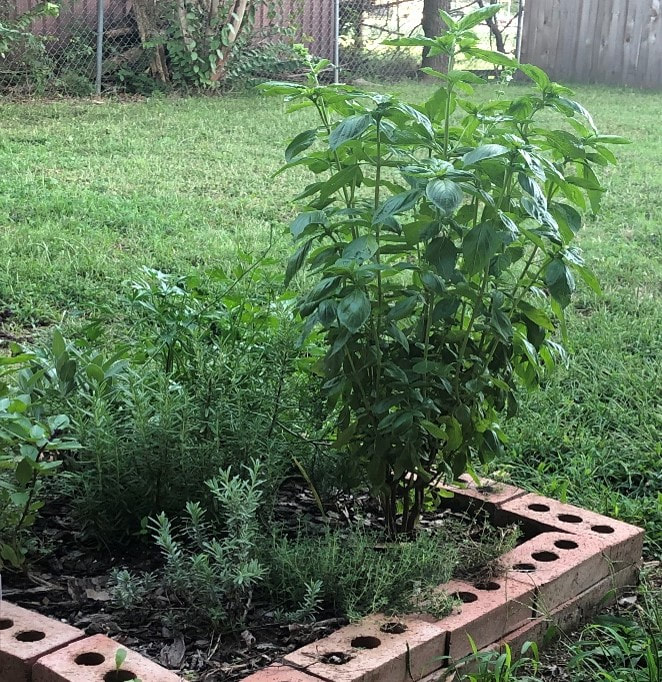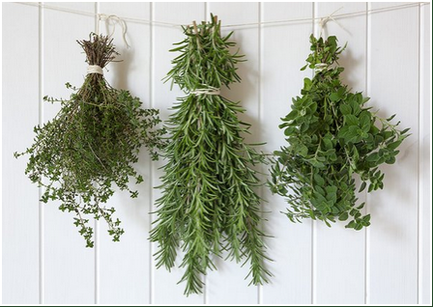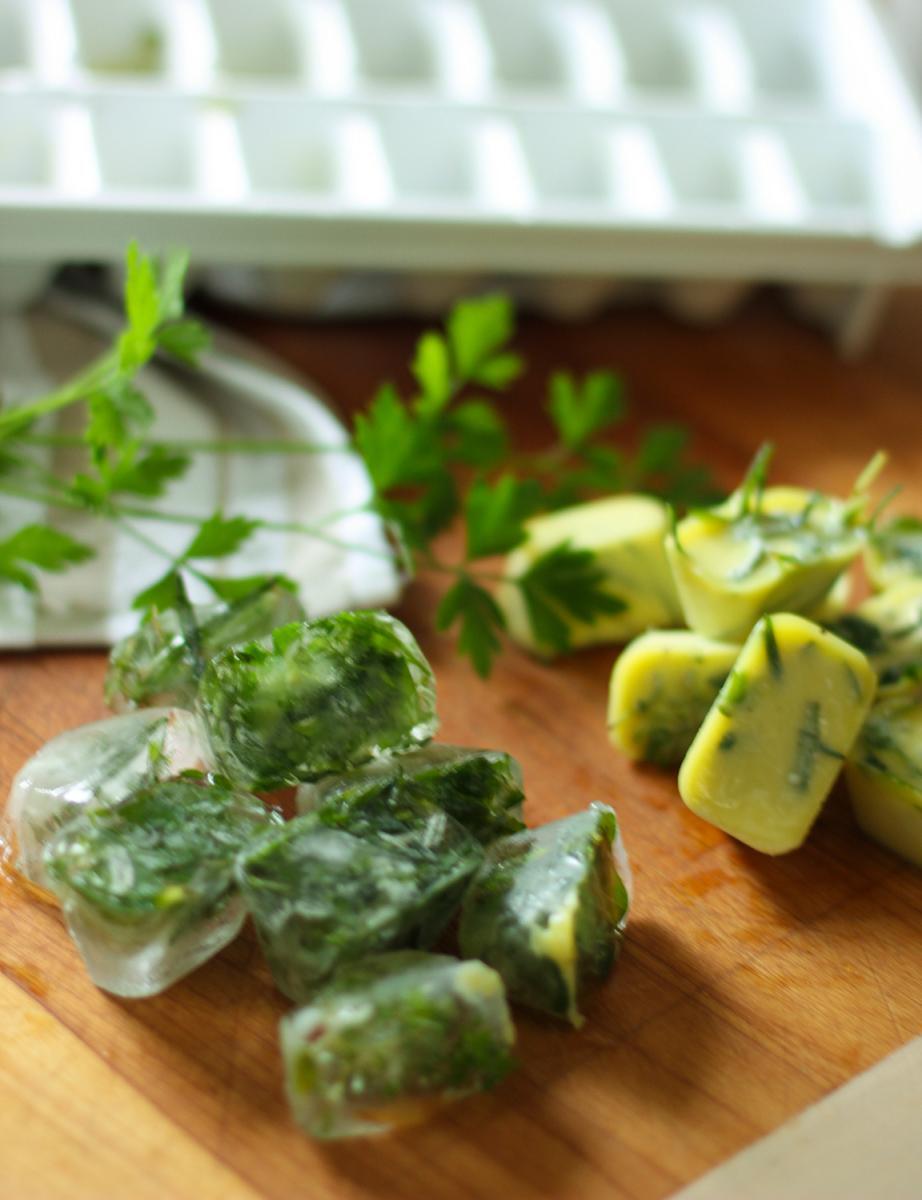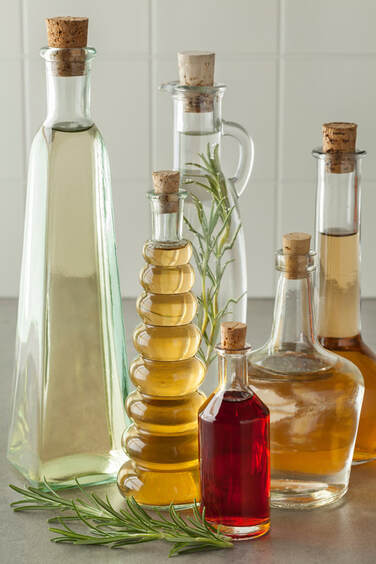by Courtney DeKalb-Myers, OSU Extension Horticulture EducatorHerbs are an excellent addition to any garden. They’re easy to grow with few pest problems. Seasoned gardeners are accustomed to adding fresh herbs to their meals to create robust, unique flavors. As the growing season comes to an end, preserving herbs can be a way to bring that flavor into the winter season. Before herbs can be preserved, they need to be harvested in a way that maximizes flavor. Harvest in the morning while the temperatures are still cool. There are more flavor-inducing oils at this time. It’s also best to make sure that the herbs are not flowering. Pinching off flower buds encourages the plant to put more energy into it’s foliage. Use sharp scissors or clippers to harvest herbs. This creates a clean wound that is easy for the plant to heal. After harvesting, gently rinse herbs with cool water and pat dry. When herbs have completely dried, they are ready for preservation. Photo from University of Illinois Extension DryingTo dry herbs, tie them in bunches and hang upside down. This needs to be done in a dry, well-ventilated area. Herbs will be crackly crisp to the touch when they are completely dry. This will take about two weeks for most herbs. If there are concerns about dust or insects, a paper bag can be placed over hanging herbs. This will add additional drying time though. Dried herbs should stored in tightly close jars. Photo from The Ohio State University FreezingSome herbs lose their flavor when dried, so freezing is the preferred preservation technique. This is true for cilantro, chives, and mint. Chop herbs and pack them into ice cube trays. Pour water or oil over the packed herbs and place in freezer. After the liquid freezes, pop ice cubes out and place in freezer bags for storage. This can be an easy way to add flavor to sauces, soups, or glasses of iced tea. Photo from Colorado State University Vinegars & OilsHerbal vinegars and herb-infused oils are excellent ways to perk up salad dressings, marinades, and sauces. To make vinegars, heat the vinegar until it is warm. Bruise the herbs and place them in a jar. Pour warm vinegar over the herbs and steep for two weeks in a sunny location. Herb-infused oils are made similarly, but they need to be refrigerated to prevent the development of bacteria. Use oils promptly.
0 Comments
|
Welcome to Dishing the Garden Dirt!
|




 RSS Feed
RSS Feed